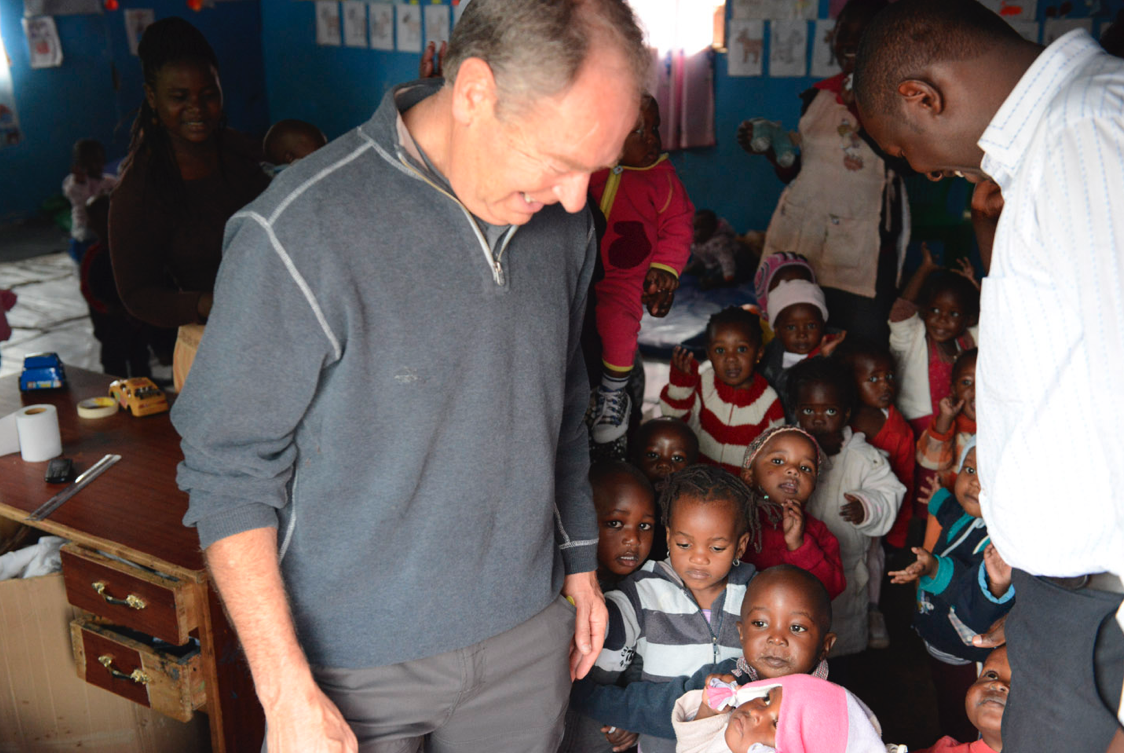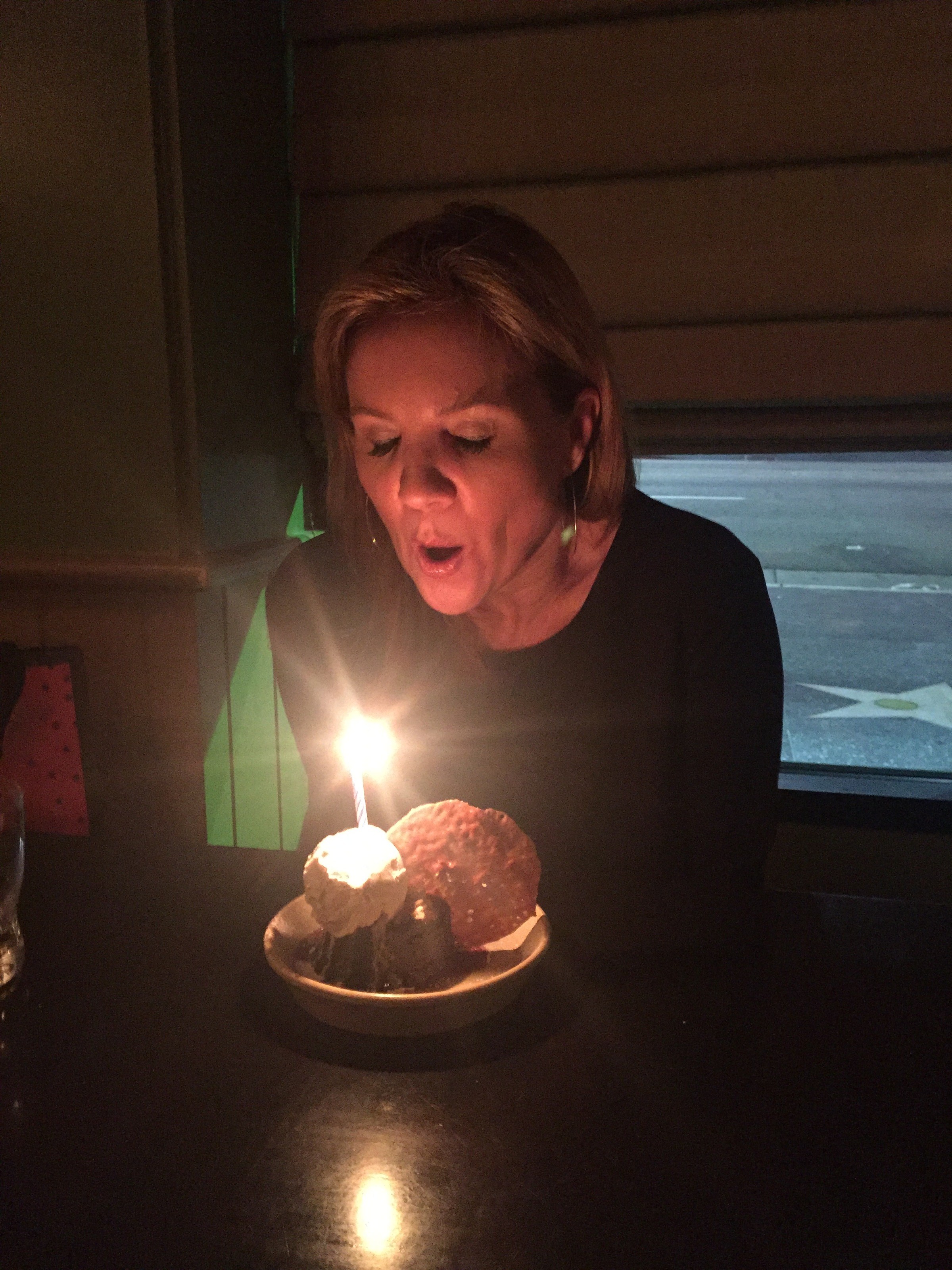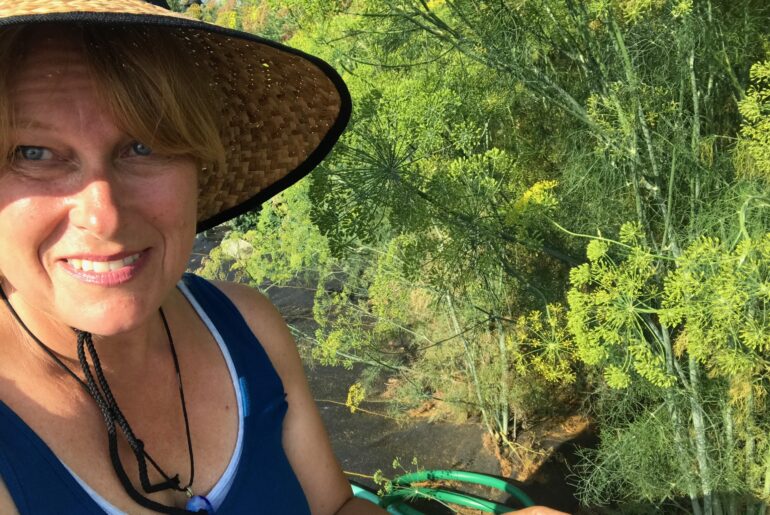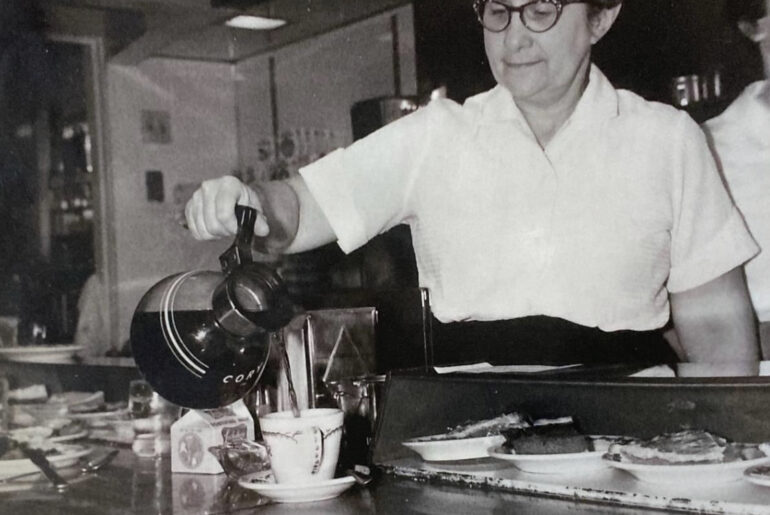What does a private equity firm, a role in President Jimmy Carter’s White House and philanthropy have in common? The answer, today’s guest. Larry Gilson had an exciting career, instead of retiring he founded a nonprofit, Focusing Philanthropy. His organization is taking his skills of investing in people and businesses to the nonprofit world and changing the way we look at philanthropy.
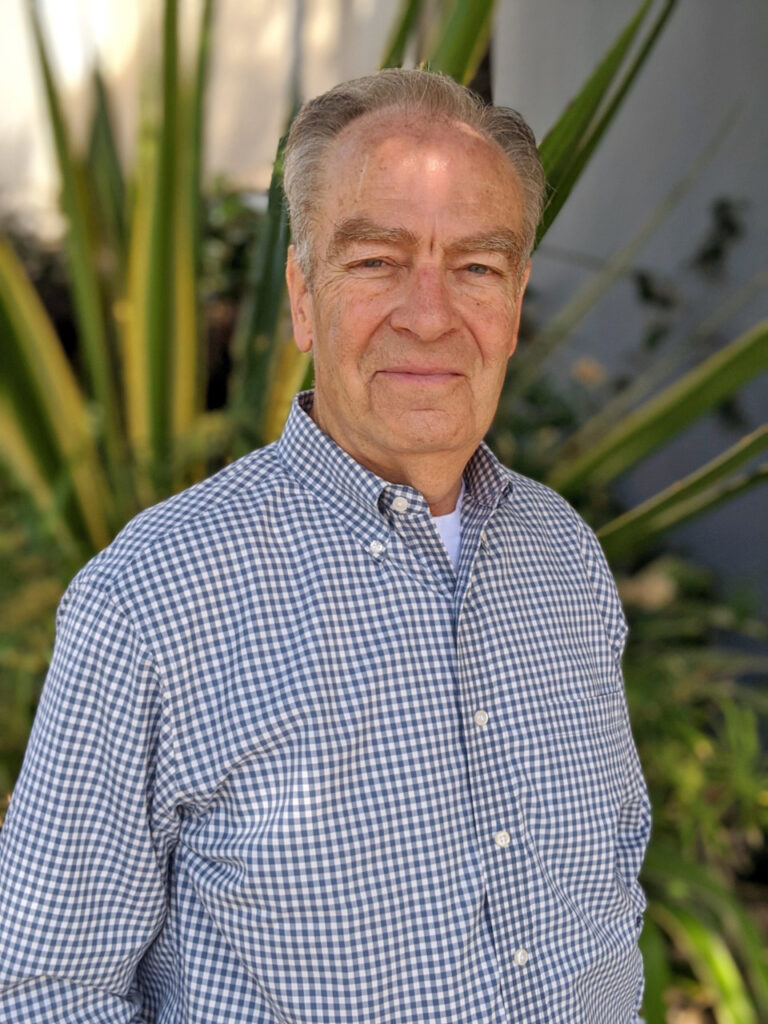
Join us, for a really interesting conversation about investing in people, making a difference and hope. Larry is pure inspiration.
Here are a few highlights from our conversation:
Charity Matters: Tell us a little about what Focusing PHILANTHROPY does?
Larry Gilson: We start with the observation that Americans are the most generous people in the world philanthropically. Our experience is that philanthropic activity hasn’t always been the most fulfilling, rewarding or confidence inspiring. People have the impulse to be generous, but they also want to be confident that what they’re contributing actually makes a difference.
The more people give, I think the more they have a series of questions that are in their heads. But I think they want to know, if I give dollars to such and such an organization, can I be confident that it’ll actually be used in the way that I intended that they promise? Will I get good feedback on what’s actually happened? Will more dollars just result in more activity, but not necessarily more meaningful impact? How do I choose among organizations that are all announcing themselves as being active in a particular space?
These are challenging questions. But the answers take quite a bit of time and effort to come up with and most people are busy doing other things. So we’re trying to fill that gap to answer those questions. We want to give people the confidence to make informed choices, and to have the sense of satisfaction that comes from getting good feedback. So that’s the niche that we’re trying to fill.
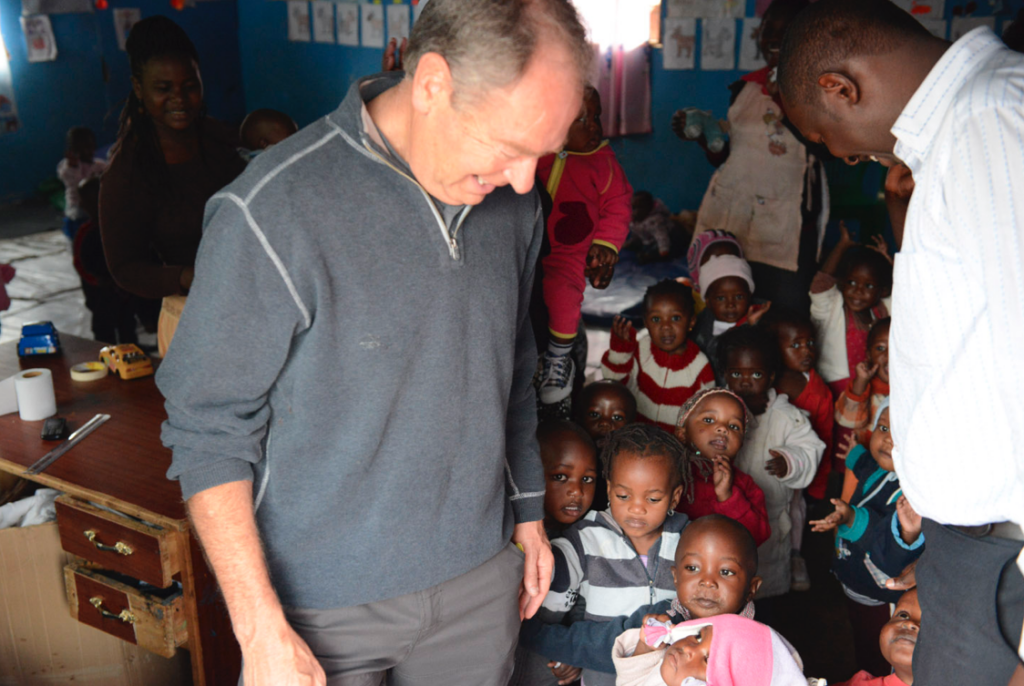
Charity Matters: What was the moment you knew you needed to act and start Focusing Philanthropy?
Larry Gilson: After 20 years of having founded and run an investment firm, I sold the firm. My wife and I both felt that that was a moment when we had some more money and also some more time. And we wanted to be more thoughtfully philanthropic than we had the time to be previously. So I thought, with all of the philanthropic activity that takes place in the United States, there will be lots of resources available that we could tap into that were identifying compelling, giving opportunities in a professional confidence inspiring way.
So I spent almost a year looking for this hypothetical resource. And I kept looking because I couldn’t believe I wasn’t finding it. But my expectations were high, because I was looking for something for the same lens as the investment decision making tools that my firm had built over a span of decades. And when I wasn’t finding what I was looking for, I started asking friends who were in a similar situation. And they had a similar lament about their own experience and asked, ““Can we ride your coattails and get the benefit of their research?” And so I said, “Okay, maybe I should do something more ambitious. And that became the genesis of Focusing Philanthropy.“
For the past 11 years we’ve been a version of what it was I was looking for. We now have a team of eight people that do they research, the exploration of potential giving opportunities, the ongoing monitoring, the crafting of giving appeals and an accurate and timely reporting. What we do for our own family, we now do for about 450 other families around the world, most of them in the United States.
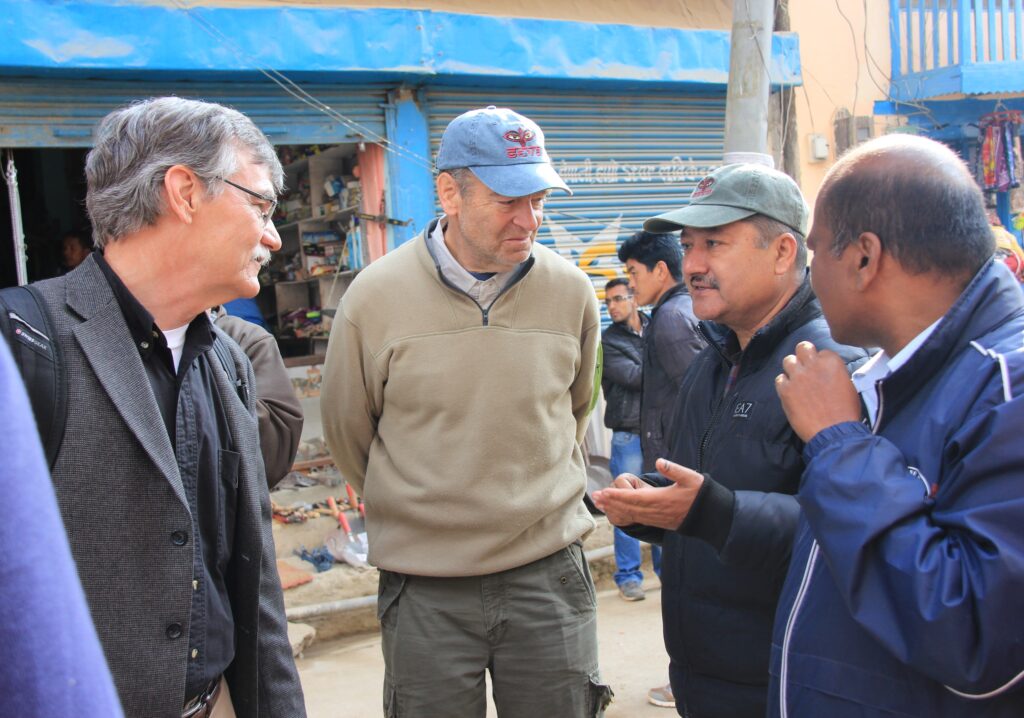
Charity Matters: When do you know you have made a difference?
Larry Gilson: We have only 14 or 15 nonprofits in our roster at any one time. About half of our nonprofits are domestic and half are international. One international partner is called One Acre Fund. half of the world’s extremely poor people have something in common aside from poverty, and that is they’re farmers. They’re planting their crops, they’re harvesting what they plant and their family is mainly eating everything that they harvest. So they’re really not even creating a surplus that allows them to, to sell into the market and generate cash profits.
When we started with them, in 2012, they were working with about 40,000 farmers in Western Kenya and they had jumped the border into Rwanda and Burundi. Now, 11 years later, we’ve been a catalytic partner of theirs for all the intervening period, they’re now working in nine countries, working with one and a half million farm families, where the average farmer has six relatives that they support. They’re doing the hard work and they’re learning the skills. We’re giving them the tools, the support and the network of resources that enable them to be successful. So you do the math, that’s 9 million people who are permanently out of starvation, poverty as a result of this impact.
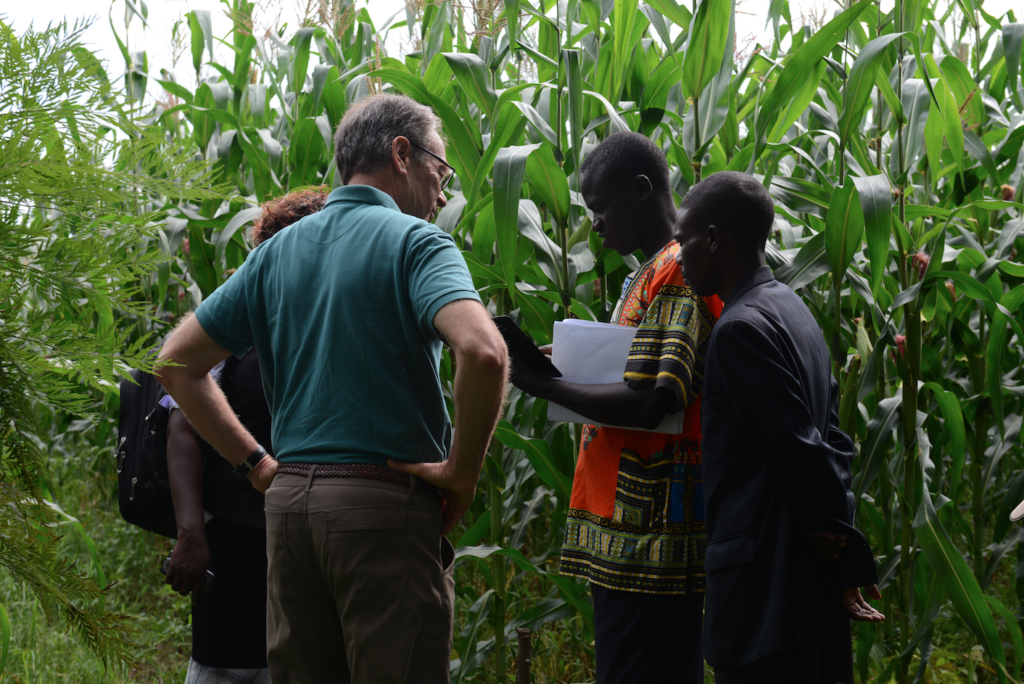
Charity Matters: Tell us what success you have had and what your impact has been?
Larry Gilson: We’ve been at this for 11 plus years. During that period, we raised and deployed about $135 million. That’s not the most important scorecard, the most important thing and the reason why we’re all doing this kind of thing is to help people. And we conservatively estimate that we’ve changed the lives through the programs, we’ve supported over 13 million people around the world. Wow, for the last 11 years, and the trend is great. So that’s year over year, significant growth in people helped, dollars raised, and donors participating. All of the metrics are encouraging.
Charity Matters: What fuels you to keep going? This isn’t always easy work.
Larry Gilson: I really appreciate how incredibly fortunate I am. To be born into the family that I that I grew up in, in the United States. And I had nothing to do with any of that. I hope I’ve capitalized on the opportunities that have been available to me. I’m alert to the fact that the opportunity set for most people in the world doesn’t look like mine. And, the ability to be helpful, not to solve everybody’s problems, not to deliver the results, but to create the opportunity for people to be able to maximize their potential, and to pursue things that are interesting to them and worthwhile and rewarding, and to see a prospect for a better future for themselves and for their families and their communities. This is pretty motivating.
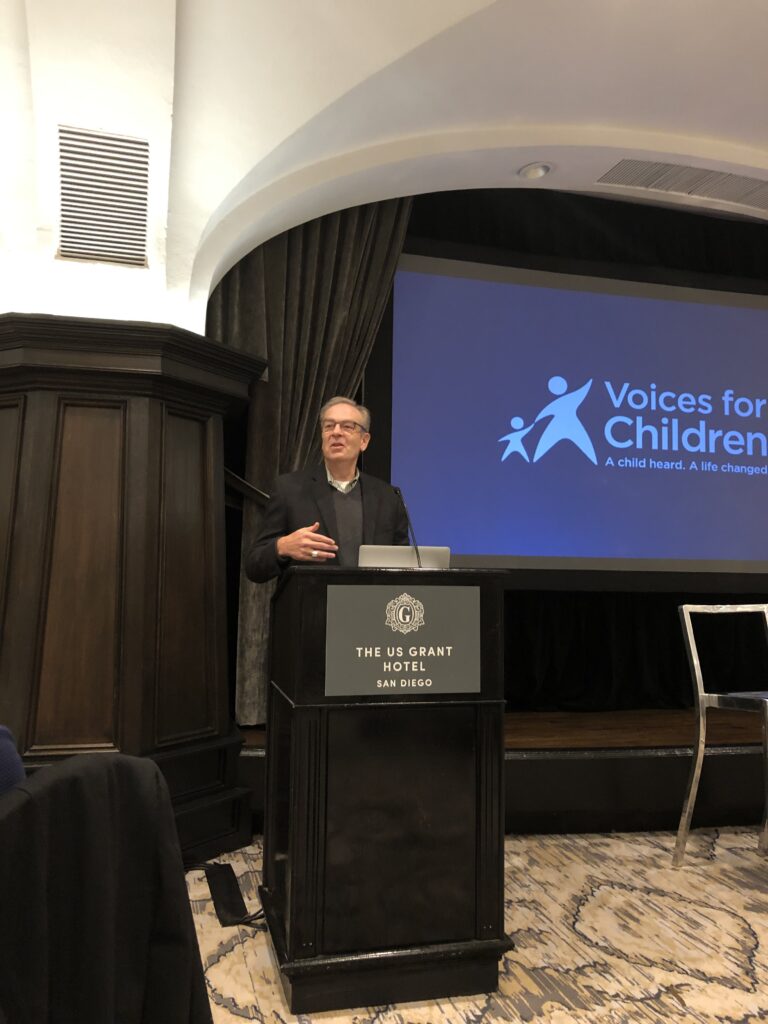
Charity Matters: What life lessons have you learned from this experience?
Larry Gilson: Reading the morning newspaper can be a little bit discouraging than a typical and it can affect your worldview, and your sense of your place in the world. So a very important antidote to that, I think, is what comes from my involvement in the philanthropic world. There’s a couple of quite dissimilar populations of people who I now interact with who I wouldn’t have otherwise, that give me a basis for genuine hope.
I don’t mean a bunch of wishful thinking. I mean, evidence based basis for seeing some real upside. One is the people who are being helped. These are not folks who are sitting back looking for a handout. They are people who want to work, to prove themselves, and want their children to be able to go to school. They want to be safe, they want to be healthy. Those are traits which I see evidence of every place we go. So as a population that is hopeful. The other group of people who I find motivating and encouraging are the young people who founded but often run these nonprofits. These are people who could be successful in anything that they chose to do. And they are not choosing to maximize their personal income. They are choosing to serve.
CHARITY MATTERS.
YOUR REFERRAL IS THE GREATEST COMPLIMENT, IF YOU ARE SO MOVED OR INSPIRED, WE WOULD LOVE YOU TO SHARE AND INSPIRE ANOTHER. If you enjoyed today’s episode, please connect with us:
- www.Charity-Matters.com
- On IG @Charitymatters
- Post a screenshot & key takeaway on your IG story and tag me @heidijohnsonoffical and @Charitymatters so we can repost you.
- Leave a positive review on Apple Podcasts
- Subscribe to new episodes each week!
Copyright © 2023 Charity Matters. This article may not be reproduced without explicit written permission; if you are not reading this in your newsreader, the site you are viewing is illegally infringing our copyright. We would be grateful if you contact us.

